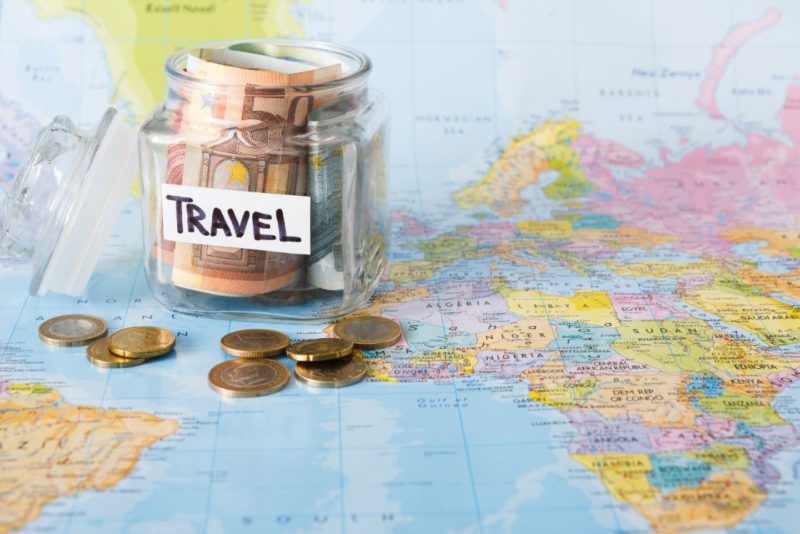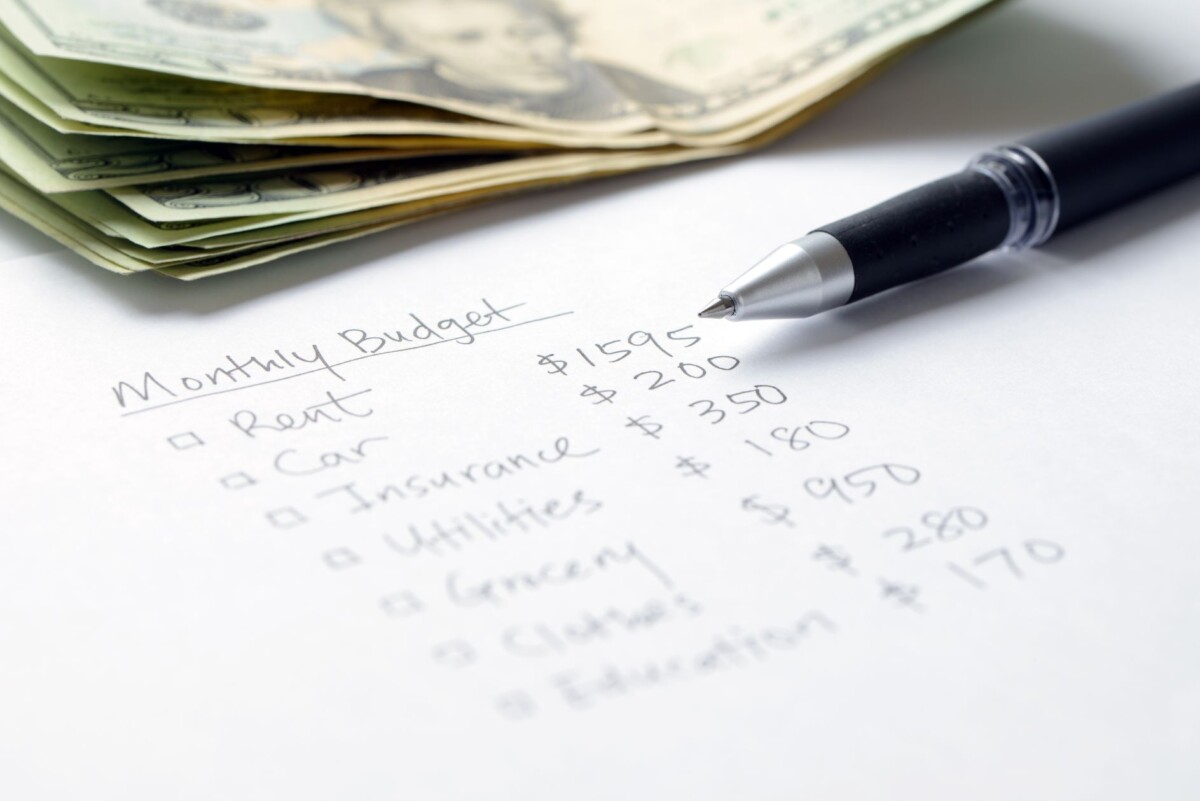There are several activities that should be performed on a daily basis. We maintain our physical health by regularly cleaning our teeth, consuming a sufficient amount of water, and engaging in physical activity. Why, therefore, is it so difficult to practice the same level of everyday care with regard to our monetary well-being? In this article, you’ll find some basic, short tips that you may use every day to help you maintain financial discipline.
It’s possible that you’ll find yourself relapsing into your old, wasteful spending habits from time to time. It’s possible that some aspects of your budget may surprise you, while others will astound you. The solution is not to freak out, worry excessively, or give up halfway through the process; rather, you should work toward gradually adjusting to your new circumstances and quickly adjusting to whatever difficulties you experience.
Make Your Monthly Budget Before the First of the Month.
Prepare ahead of time to sett opp budsjett to maintain control of your finances. You should make it a habit to sit down one week before the beginning of each new month and plan out the activities and costs for the next month. One month you may have an appointment with the veterinarian or go on a road trip, but the following month you might not.
After you’ve planned out your month, the next step is to create a sensible budget. Utilize our software to organize your income, required spending, additional costs, and savings contributions in a clear and concise manner.
Methods of Budgeting Down to Zero

To “budget to zero,” one must account for every cent of income until there is no more money to allocate. Consider for a moment that you have a monthly income of $4,000. You shouldn’t have any money left over after budgeting for all of your extras and fixed costs, including payments to savings and investments, as well as any additional extras. Spending may be tracked, and goals can be set when you create a budget that goes down to the last dollar.
Utilize the Appropriate Equipment
Ensure your early success by equipping yourself with the appropriate resources from the outset. Use an app like Mint, which is designed specifically for budgeting, to monitor your financial situation, or use other applications to monitor your spending on things like groceries or medical care. Powerful budgeting tools may show you where your money is going, remind you of payments and objectives, and alert you when a category has been overspent.
Determine Which Is Which Between Needs and Wants
Think about things like food, rent, and paying off debt when you hear the word “needs.” The category of “wants” encompasses pretty much all other possible outcomes. Be careful to include these costs in your budget as well! Think about the 50/30/30 guideline, which suggests spending around 30% of your money on luxuries while still meeting basic needs.
Maintain order among your invoices and receipts

If you need to dispute a charge, you’ll need to be able to find the supporting documents easily. It’s possible that this may come in useful for tax considerations as well. You have the option of physically filing your documents using either expanding folders or hanging files. In this case, you should organize your papers according to the month or the account, whichever makes most sense to you. If the majority of your invoices and receipts are sent to your email address, you should probably consider filing everything online.
Make Use Of Independent Accounts
Many people have found that keeping everything organized by having numerous checking accounts can be successful. For instance, if you keep the money you need to spend each month on areas of your budget that are more fluid, like food, in a checking account that is distinct from the one you use for fixed costs like rent and vehicle payments, it is much easier to understand how much money you have available for those categories.
Paying off debt should be your first priority
Even while you may feel motivated to create a budget and start putting money away for a trip or a new vehicle, it could be more beneficial for you to put such plans on hold and concentrate on paying off the debt you already have. Click here to read more about interest. If you prioritize paying off your debts, you might end up saving money on interest payments and experiencing less stress related to your finances. Because it has an effect on how you utilize your credit, keeping your debt level manageable is quite essential. Overusing your credit may hurt your credit score.
Don’t Discount the Importance of Having Fun

When you create space in your budget for pleasurable things, you almost always end up with a successful budget. It’s a lot easier to stay on a budget if you give yourself a little leeway to do fun things like go to the movies, treat yourself to a facial, or check out a new bar. Imagine that you have a cheat day set out for your budget and this is it!
First, Put Away Some Money, Then Spend
The majority of individuals want to spend their money first and then save what is left over. Because of this, saving is no longer required, and there is no guarantee that continuous contributions will be made. Consider your savings to be a consistent outgoing cost, and account for it as such in your financial plan.
Start making contributions to your retirement fund right now
It’s possible that you’ve already been told this, but we’ll repeat it anyway: it’s never too soon to start putting money away for your retirement. If at all feasible, contribute the maximum amount to the retirement matching program offered by your company; after all, it is essentially free money. If you get a head start, you won’t have to worry about putting additional pressure on your finances later on when you’re playing catch-up to make up for lost time.
Your Direct Deposit Should Be Divided

If your workplace offers direct deposit, you should seriously consider configuring it in such a way that a predetermined amount of each paycheck is deposited directly into a savings account of your choosing. Because of this, you won’t even have to consider cost cutting as part of your financial plan because automation will do all of the necessary jobs. That’s one less item you have to monitor from now on!
Anticipate things to go awry
Even with the most meticulous preparation, we may still find ourselves unprepared to deal with unforeseen costs. Things like visits to the emergency room or needing to have the automobile fixed are hard to anticipate. Because of this, it is imperative that you include room in your budget for an emergency fund. It is entirely up to you to decide how much money you want to put away, but we recommend having at least one thousand dollars available.
Make a strategy for making large purchases
The most important thing to do if you are thinking of buying an expensive item such as a new laptop or TV is to prepare ahead. If you want to spread out the cost over a longer period of time, you may do so by setting a target date for the purchase and then dividing the total cost by that number of days. A $1,500 computer may be bought in 300 days if the buyer saves only $5 every day. You won’t have to resort to using a credit card, which might lead to substantial debt and interest payments until the amount is paid off.
Include a Category for Unexpected Events

There may be occasions when an item does not neatly fall into one of your budget categories. When something unexpected happens, having a plan B is quite helpful. The caveat is that you shouldn’t let this cause you to go over budget in any other area of your budget. Instead of putting extra money into your contingency fund if you discover that you routinely overspend on food, groceries, or any other item, think about changing your budget.
Make Monthly Adjustments to Your Expenditures
It is not wise to fix a price range for anything that is subject to fluctuating requirements. You may want to do a review of your budget on a monthly basis in order to gauge how successfully you’ve been able to keep to it. If you find that you routinely spend more than you should in one area while spending less than you should in another, you should adjust your budget so that it is more realistic.
Outline Specific, Realistic Goals
Goals that are SMART (specific, measurable, achievable, relevant, and timely) are more likely to be successfully completed.
Observe a Day Without Spending Anything

Set aside one day each week in which you will not spend any money above what is required absolutely. This is a simple method for ensuring that your weekly expenditures remain below the allotted spending limit. Consider going a whole month without making any purchases at all and restricting your spending to the absolute essentials if you feel like your spending habits might need some major scrubbing.
Try Not to Be So Critical of Your Own Work
A new budgeting regimen may take some time to get acclimated to. It’s possible that the first or second time you go through this process, your budget won’t be great. As you become used to your new schedule, remember to treat yourself with kindness and stick to the frugal lifestyle you’ve chosen. To assist you in developing new routines, you should concentrate on approaching each day’s selections with your financial objectives in mind.
Developing a spending plan is one of the most important steps you can take to improve your overall financial health, and you can do it in under an hour. If you follow the strategy, you’ll maximize your earnings and have peace of mind knowing that your hard-earned cash is being put to good use.

